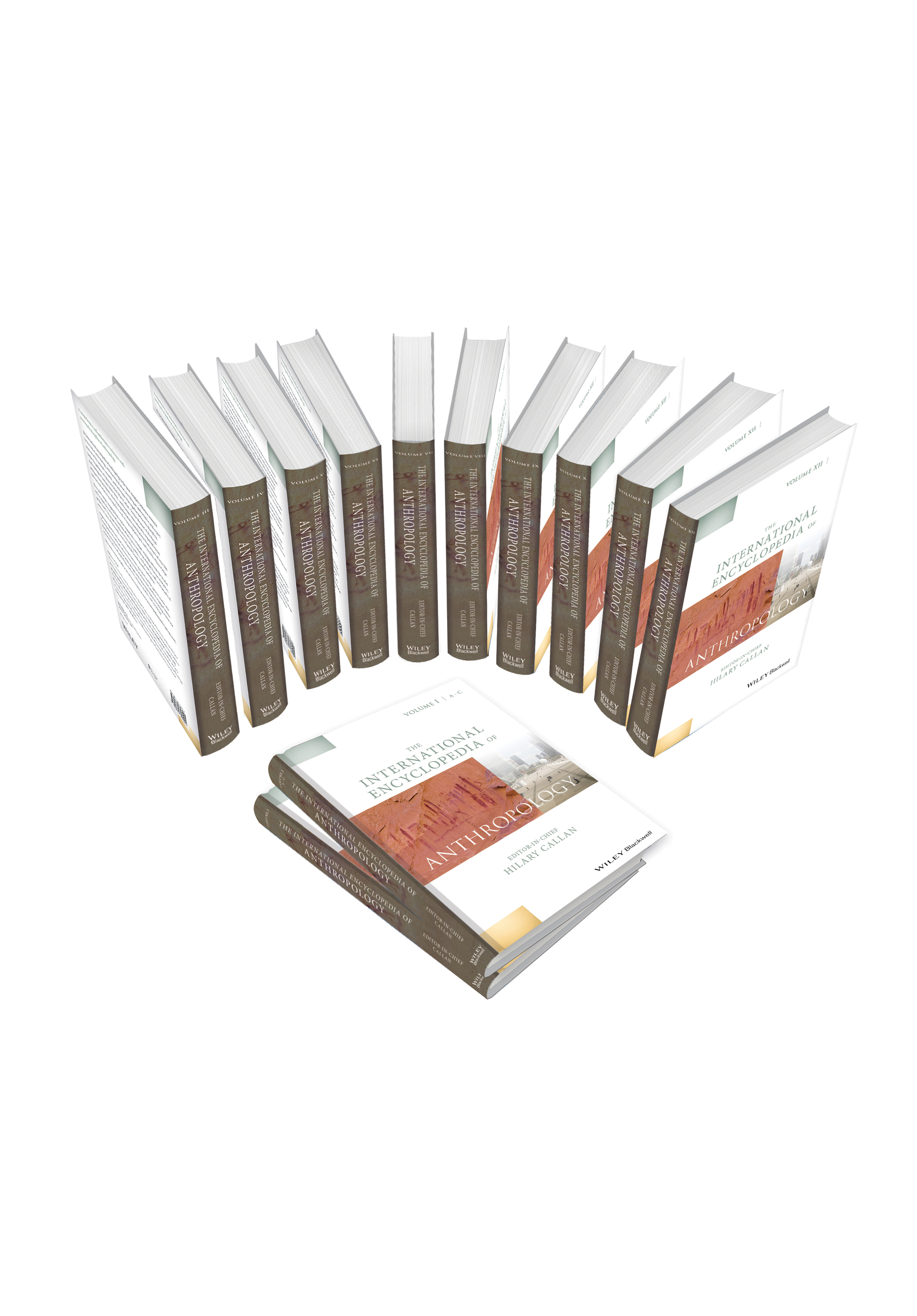Filmmaking, Collaborative
Abstract
In visual anthropology, collaborative filmmaking designates a variety of practices that involve a widely variable degree of teamwork between filmmaker and subjects, who can share the authorship of the film in various proportions. Collaborative methodologies have been motivated by ethical, political, epistemological, and even technical reasons to produce films as different as ethnofictions or observational and reflexive documentaries. Further, they have been behind many indigenous media projects. Through devices such as feedback screenings, native forms of storytelling, dialogic editing, and reflexive autobiography, anthropologists have practiced shared authorship and acknowledged the intersubjective and negotiated character of ethnographic fieldwork.



